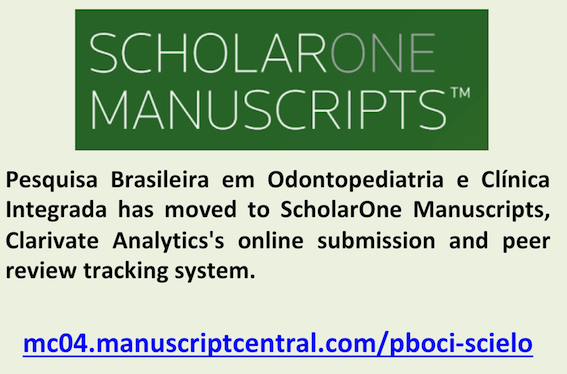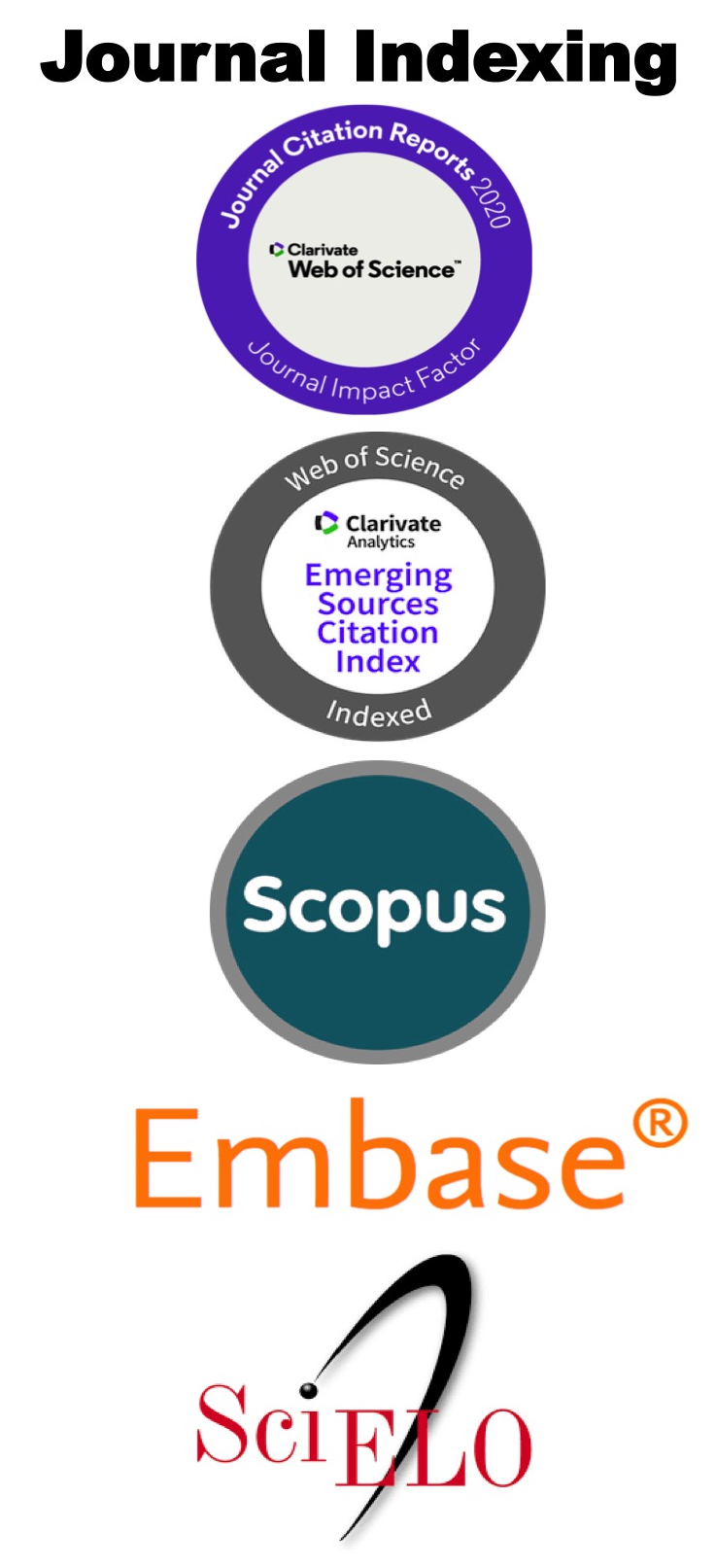Assessment of Children's Oral Health-Related Knowledge and Self-Efficacy in Expectant Mothers of Najran, Saudi Arabia
Keywords:
Pregnant Women, Pediatric Dentistry, Dental Care, Oral HealthAbstract
Objective: To assess the knowledge of pregnant women regarding their child’s oral health. Material and Methods: A questionnaire was developed and the 1st section comprised sociodemographic variables. The second section contained questions about the eruption of teeth, fluoride importance, cariogenic food, and dental visits. The questionnaire was shared electronically via a link to the receptionist of the gynaecologist at different health centres of Najran to be filled by expectant mothers. The convenient sampling method was used to collect the responses. Data were presented using descriptive statistics. Results: A total of 572 pregnant women participated in this survey. Three hundred and fifteen (55.1%) knew that 1st primary tooth erupts at the age of 6 months. The majority of the respondents (n=332) agreed that toothbrushes and toothpaste could be used to clean a child's teeth; only 5.4%, 10%, and 24.5% preferred miswak, mouthwash, and toothbrush, respectively. Participants were well familiar with cariogenic food and occasionally allowed their children to take it. They have enough knowledge about fluoride toothpaste, but they were not familiar with the benefits of fluoride varnish. Almost 50% of the respondents agreed that the child should visit the dentist within six months, and 27.4% said they should visit the dentist whenever there is a problem. Conclusion: Almost 50% of participants showed a positive attitude towards most questions. However, there is a need to improve their behaviour and knowledge about many aspects of dental care.References
Jain R, Oswal K, Chitguppi R. Knowledge, attitude and practices of mothers toward their children’s oral health: A questionnaire survey among subpopulation in Mumbai (India). J Dent Res Sci Dev 2014; 1(2):40-5. https://doi.org/10.4103/2348-3407.135073
Mani SA, John J, Ping WY, Ismail NM. Knowledge, attitude and practice of oral health promoting factors among caretakers of children attending day-care centers in Kubang Kerian, Malaysia: A preliminary study. J Indian Soc Pedod Prev Dent 2010; 28(2):78-83. https://doi.org/10.4103/0970-4388.66741
Petersen PE. The World Oral Health Report 2003: continuous improvement of oral health in the 21st century—the approach of the WHO Global Oral Health Programme. Community Dent Oral Epidemiol 2013; 31(Suppl 1):3-23. https://doi.org/10.1046/j..2003.com122.x
American Academy of Pediatric Dentistry. Policy on early childhood caries (ECC): Classifications, consequences, and preventive strategies. The Reference Manual of Pediatric Dentistry. Chicago, Ill.: American Academy of Pediatric Dentistry; 2020:79-81.
Goettems ML, Ardenghi TM, Romano AR, Demarco FF, Torriani DD. Influence of maternal dental anxiety on oral health-related quality of life of preschool children. Qual Life Res 2011; 20(6):951-9. https://doi.org/10.1007/s11136-010-9816-0
Hajishengallis E, Parsaei Y, Klein MI, Koo H. Advances in the microbial etiology and pathogenesis of early childhood caries. Mol Oral Microbiol 2015; 32(1):24-34. https://doi.org/10.1111/omi.12152
Paglia L. Does breastfeeding increase risk of early childhood caries? Eur J Paediatr Dent 2015; 16(3):173.
Ahmadzadeh J, Rezaeian S, Esmahili-Sani A, Lava B, Mobaraki K, Amini S, et al. Oral health status and behaviors of children aged 6-12 years old: a cross-sectional study. Ann Public Health Res 2015; 2(2):10-7.
Tachalov VV, Orekhova LY, Kudryavtseva TV, Isaeva ER, Loboda ES. Manifestations of personal characteristics in individual oral care. EPMA J 2016; 7(1):8. https://doi.org/10.1186/s13167-016-0058-2
Soegyanto AI, Larasati RN, Wimardhani YS, Özen B. Mother’s knowledge and behaviour towards oral health during pregnancy. Pesqui Bras Odontopediatria Clín Integr 2020; 20:5647. https://doi.org/10.1590/pboci.2020.113
Adeniyi A, Laronde D, Brondani M, Donnelly L. Perspectives of socially disadvantaged women on oral healthcare during pregnancy. Community Dent Health 2020; 37(1):39-44. https://doi.org/10.1922/CDH_4591Adeniyi06
Adeniyi A, Donnelly L, Janssen P, Jevitt C, Kardeh B, Bergmann HV, et al. Pregnant women’s perspectives on integrating preventive oral health in prenatal care. BMC Pregnancy and Childbirth 2021; 21:271.
Feldens CA, Kramer PF, Sequeira MC, Rodrigues PH, Vitolo MR. Maternal education is an independent determinant of cariogenic feeding practices in the first year of life. Eur Arch Paediatr Dent 2012; 13(2):1-11. https://doi.org/10.1007/BF03262847
Plonka KA, Pukallus ML, Barnett A, Holcombe TF, Walsh LJ, Seow WK. A controlled, longitudinal study of home visits compared to telephone contacts to prevent early childhood caries. Int J Paediatr Dent 2013; 23(1):23-31. https://doi.org/10.1111/j.1365-263X.2011.01219.x
Wigen TI, Wang NJ. Caries and background factors in Norwegian and immigrant 5-year-old children. Community Dent Oral Epidemiol 2010; 38(1):19-28. https://doi.org/10.1111/j.1600-0528.2009.00502.x
Lemos LV, Myaki SI, Walter LR, Zuanon AC. Oral health promotion in early childhood: age of joining preventive program and behavioral aspects. Einstein 2014; 12(1):6-10. https://doi.org/10.1590/S1679-45082014AO2895
Henry JA, Muthu MS, Swaminathan K, Kirubakaran R. Do oral health educational programmes for expectant mothers prevent early childhood caries? a systematic review. Oral Health Prev Dent 2017; 15(3):215-21. https://doi.org/10.3290/j.ohpd.a38522
Chhabra N, Chhabra A. Parental knowledge, attitudes and cultural beliefs regarding oral health and dental care of preschool children in an Indian population: a quantitative study. Eur Arch Paediatr Dent 2012; 13(2):76-82. https://doi.org/10.1007/BF03262848
Ashkanani F, Al-Sane M. Knowledge, attitudes and practices of caregivers in relation to oral health of preschool children. Med Principl Pract 2013; 22(2):167-72. https://doi.org/10.1159/000341764
Manchanda K, Sampath N, Sarkar A. Evaluating the effectiveness of oral health education program among mothers with 6-18 months children in prevention of early childhood caries. Contemp Clin Dent 2014; 5(4):478-83. https://doi.org/10.4103/0976-237X.142815
Dhull KS, Dutta B, Devraj IM, Samir PV. Knowledge, attitude, and practice of mothers towards infant oral healthcare. Int J Clin Ped Dent 2018; 11(5):435-9. https://doi.org/10.5005/jp-journals-10005-1553
Nagarajappa R, Kakatkar G, Sharda AJ, Asawa K, Ramesh G, Sandesh N. Infant oral health: Knowledge, attitude and practices of parents in Udaipur, India. Dent Res J 2013; 10(5):659-65.
Karmi RE, Ajafari A, Edali H, Hosey MT. Do expectant mothers know how early childhood caries can be prevented? A cross-sectional study. Eur Arch Paediatr Dent 2019; 20(6):595-601. https://doi.org/10.1007/s40368-019-00442-8
Correia P, Alkhatrash A, Williams C, Briley A, Jenny C, Poston L, et al. What do expectant mothers need to know about oral health? A cohort study from a London maternity unit. BDJ Open 2017; 3:17004. https://doi.org/10.1038/bdjopen.2017.4
Dagon N, Ratson T, Peretz B, Blumer S. Maternal knowledge of oral health of children aged 1-4 years. J Clin Pediatr Dent 2019; 43(2):116-20. https://doi.org/10.17796/1053-4625-43.2.8
Downloads
Published
How to Cite
Issue
Section
License
Copyright (c) 2022 Pesquisa Brasileira em Odontopediatria e Clínica Integrada

This work is licensed under a Creative Commons Attribution-NonCommercial 4.0 International License.



